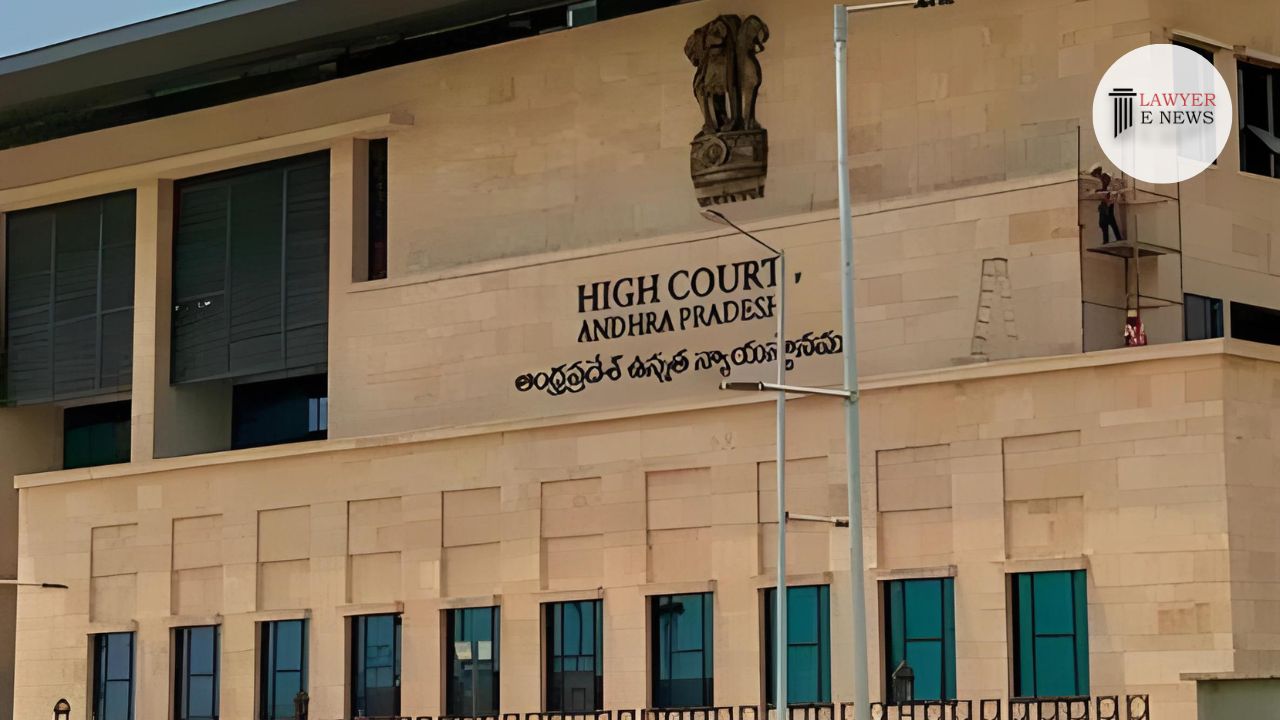-
by Admin
15 February 2026 5:35 AM



Appeal dismissed as plaintiffs failed to prove readiness to perform contractual obligations, despite knowing about pending litigation affecting property. The High Court of Andhra Pradesh has upheld the dismissal of a suit for specific performance in a notable real estate dispute, reinforcing the necessity for plaintiffs to demonstrate clear readiness and willingness to fulfill their contractual commitments. The judgment, delivered by Justices U. Durga Prasad Rao and Kiranmayee Mandava, emphasized the plaintiffs’ failure to act within the stipulated timeframe and highlighted the implications of undisclosed litigation on the suit property.
The appellants, Vonteddu Chinna Venkata Krishna Reddy and others, sought specific performance of an agreement to sell dated February 1, 2009. The agreement involved the purchase of land for Rs. 80 lakhs, with Rs. 10 lakhs paid in advance and the balance of Rs. 70 lakhs to be paid by July 1, 2009. The plaintiffs claimed they were ready and willing to complete the transaction, but discovered pending litigation and a status quo order affecting the property, allegedly undisclosed by the defendants. The trial court dismissed the suit, leading to the present appeal.
The court noted the fundamental principle that plaintiffs seeking specific performance must demonstrate their readiness and willingness to perform their contractual obligations. In this case, the plaintiffs failed to do so by the agreed deadline. “The plaintiffs were not collectively ready to pay the balance sale consideration within the stipulated time or thereafter,” the court observed, dismissing their claims of being prepared to complete the transaction.
The plaintiffs argued that the defendants had not disclosed the pending litigation, which impacted their ability to perform the contract. However, the court held that the plaintiffs, through due diligence, could have discovered the litigation status. “The doctrine of lis pendens under Section 52 of the Transfer of Property Act applied, meaning the plaintiffs were aware or ought to have been aware of the litigation,” the judgment noted.
The court also addressed an internal agreement among the plaintiffs to share the purchase consideration, which the plaintiffs argued should affect the performance obligations. The court rejected this argument, stating, “An internal agreement among the plaintiffs is not binding on the defendants, who were not parties to such an arrangement.”
The judgment extensively discussed the principles of specific performance under the Specific Relief Act, 1963, and the Indian Contract Act, 1872. It emphasized that equitable relief of specific performance requires plaintiffs to act with promptness and show they had sufficient funds to fulfill their obligations. The court cited the Supreme Court’s decision in U.N. Krishnamurthy v. A.M. Krishnamurthy, reinforcing that mere verbal assertions of readiness are insufficient without concrete evidence of financial capacity.
Justice U. Durga Prasad Rao remarked, “The conduct of the plaintiffs clearly manifested that they were not collectively ready to perform their part of the contract by paying the balance of the sale consideration due to the defendants.”
The High Court’s decision to dismiss the appeal underscores the judiciary’s stringent standards for granting specific performance in contractual disputes. By affirming the trial court’s findings, the judgment reinforces the critical importance of plaintiffs demonstrating readiness and willingness to fulfill their contractual obligations, as well as the necessity of due diligence in property transactions. This ruling is likely to influence future cases involving specific performance, highlighting the need for meticulous adherence to contractual timelines and disclosure requirements.
Date of Decision: 24th June 2024
Chinna Venkata Krishna Reddy VS Belle Lakshmanna and Others
